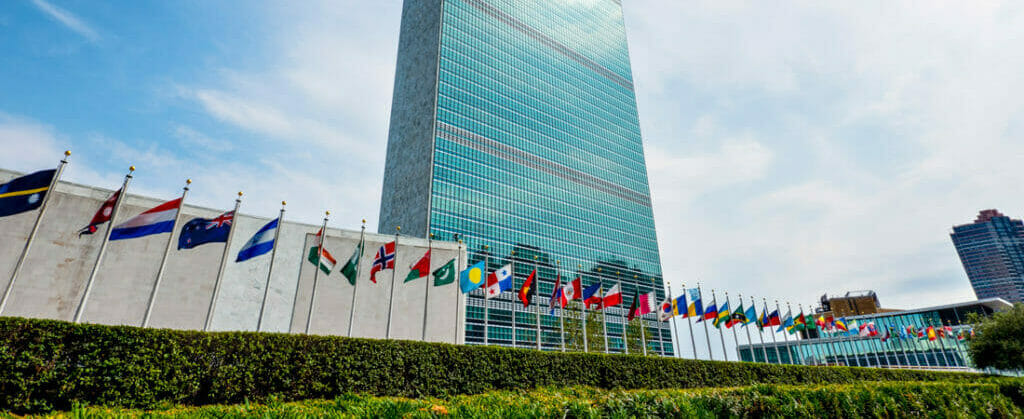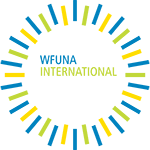Women experience higher poverty rates than men, and the gender poverty gap is projected to persist, with 158.3 million girls and women expected to be pushed into poverty by 2050. The 2030 Agenda for Sustainable Development recognizes poverty as the greatest global challenge. Addressing poverty from a gender perspective means recognizing and acting on the specific barriers women face in accessing economic resources, education, and employment opportunities. UN Secretary-General António Guterres has consistently emphasized the importance of gender equality as a central priority for the United Nations. He has highlighted the importance of investing in women and girls as a key strategy to eradicate poverty and promote sustainable development.
The achievement of gender equality through the empowerment of women and girls depends on addressing poverty through institutions with a strong focus on gender equality. Poverty is a consequence of systemic failures that lead to exclusion and discrimination, violating civil, cultural, economic, environmental, political, and social rights. The current food crisis, energy crisis, and climate change are challenges that exacerbate poverty. Women and girls living in such humanitarian and fragile contexts might face an increased risk of violence and limited prospects for education and employment. Lack of access to decent work and economic resources is an important driver of women’s poverty; economic inclusion can be harmful if based on segregation, force, and impoverishment. António Guterres reinforces the need for collaboration among governments, the private sector, civil society, and other stakeholders to promote gender equality and women’s empowerment (UN E/CN.6/2024/3).
Some of the past efforts by the international community to address this issue include the Convention on the Elimination of All Forms of Discrimination Against Women (CEDAW 1979), the Beijing Declaration and Platform for Action (1995), the Gender Equality Architecture Reform (GEAR) Campaign, and the International Covenant on Economic, Social and Cultural Rights (ICESCR 1966). Investment in policy and social progress to end gender-related poverty requires women’s full economic participation, supported by gender-responsive, accountable institutions, and social protection that enables women to enjoy a decent standard of living. The process toward achieving gender equality by addressing poverty starts with ensuring access to basic human rights—such as food, health, education, safety, training, and employment opportunities—thereby preventing socioeconomic fallout.



